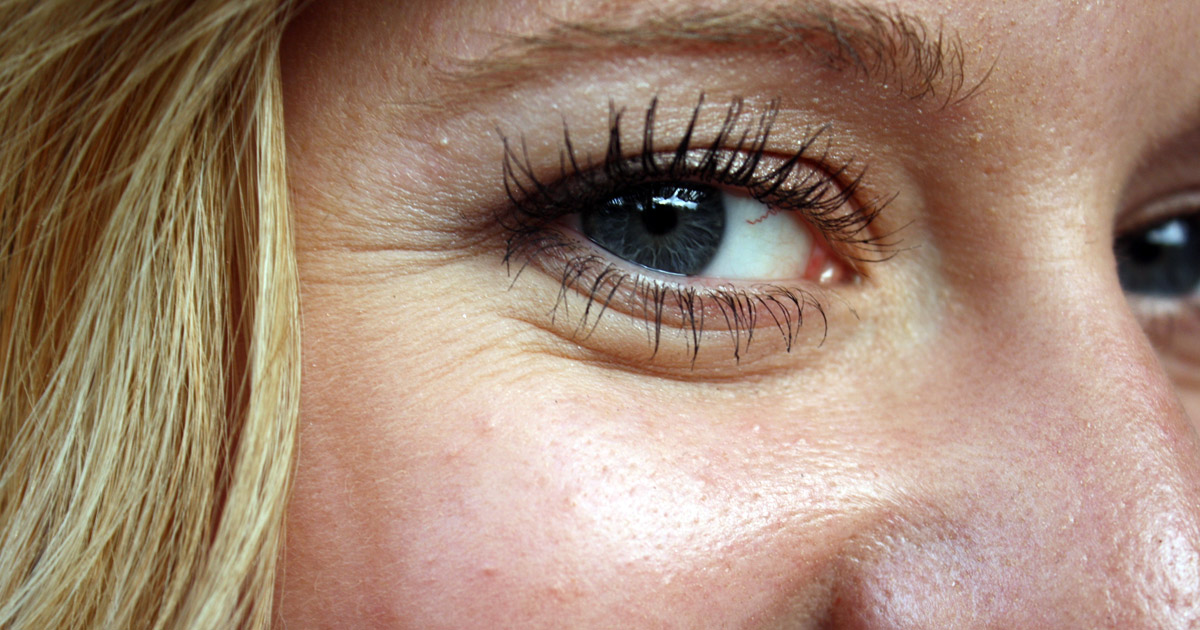How Shea Butter Benefits Health
Shea butter is derived from shea nuts of Vitellaria paradoxa, a tree native to the continent of Africa. Shea butter bears a color described as a mixture of white and ivory, and it mostly consists of different fats. In addition, it contains quite a lot of nutrients and vitamins, including vitamin A, vitamin E, and vitamin F. Furthermore, it is reported using shea butter on a regular basis has some incredible health benefits. In addition to this, shea butter is widely used as an ingredient in beauty and skin products, particularly creams and lotions.
Below are details on some health benefits of using shea butter.
Reduces Inflammation

Several studies suggest using shea butter reduces inflammation. In a 2012 trial, shea butter was shown to inhibit the activity of pro-inflammatory enzymes and other substances through the lipopolysaccharide-activated J774 macrophage cell line. Another study, conducted from April 2013 to March 2014, found a cream containing shea butter extract improved symptoms of atopic dermatitis, an inflammatory skin condition.
Shea butter happens to be a rich source of substances called triterpenes, which are thought to be the explanation for its anti-inflammatory properties. One of the main triterpenes in shea butter is lupeol. A 2001 study followed the effects of lupeol, with lupeol linoleate, on rats with adjuvant arthritis. Both triterpenes reduced paw swelling. Lupeol was also used as a component in a shea nut oil extract for a 2016 study featuring rats with osteoarthritis. The substance displayed anti-inflammatory effects by easing swelling of the knee joints. Researchers are still investigating how lupeol, as well as other shea butter compounds, can be an effective treatment against inflammation.
Learn more about the health benefits of shea butter now.
Lessens Bags And Wrinkles

It is also suggested using shea butter lessens bags and wrinkles, which are common signs of aging. A few studies show lupeol may stimulate the production of collagen, the body's most plentiful protein that keeps the skin firm and youthful looking. Less collagen is produced as the body ages. In a 1999 study with rats, lupeol, with lupeol linoleate, reversed the reduction effects of rheumatoid arthritis on collagen production. Another study from 2008 found lupeol stimulated the production of high-quality type I collagen, thus improving skin elasticity in an aging adult.
In addition, shea butter is a good source of nutrients such as vitamin A and vitamin E. Vitamin E helps protect against skin cell damage from free radicals. As shown in a 2000 study, vitamin A may help increase collagen. The study featured fifty-three participants of various ages below eighteen years old. Topical application with vitamin A stimulated cell growth and collagen production within sun-protected aged skin.
Uncover more ways in which shea butter benefits health.
